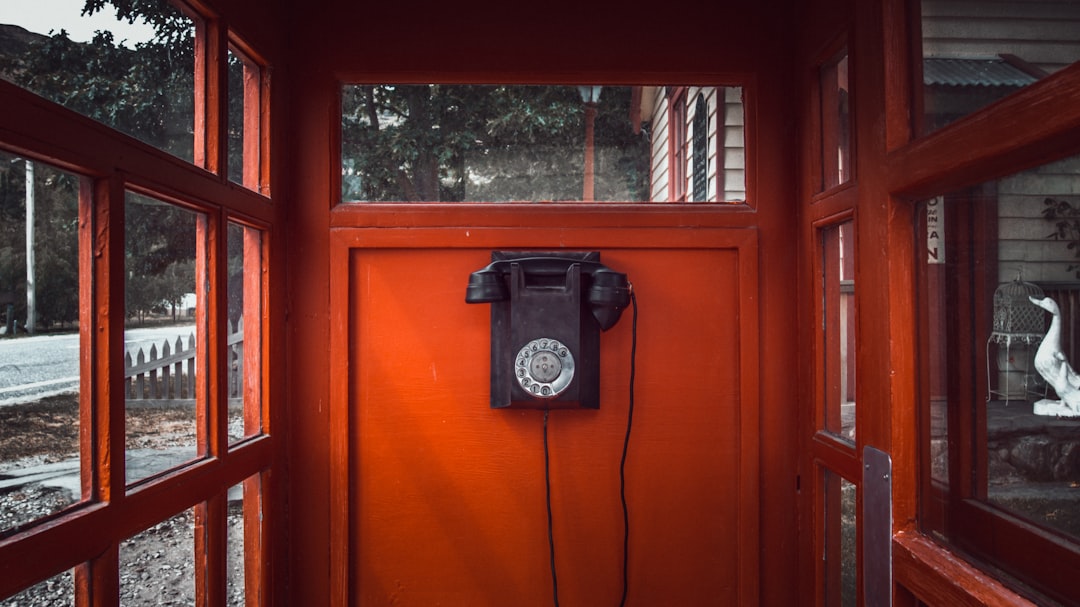Bridgeport residents frustrated with robocalls have prompted City Council discussions and legal action. Connecticut's Do Not Call Act protects against unwanted calls, with fines for violations. A structured approach involving local lawyers and anonymous reporting channels can help address consumer complaints effectively. Collaborating with legal experts ensures council compliance with state laws and provides resources to protect citizens' rights from robocalls.
Bridgeport City Council meetings have become a hotspot for consumer complaints about robocalls, highlighting a growing concern among residents. This article delves into the issue, offering insights on understanding and addressing robocall complaints effectively. We explore Connecticut’s robust `Do Not Call` laws, ensuring consumers’ rights are protected. Additionally, we provide strategies for the City Council to navigate this digital age challenge, including collaborating with legal experts like a `lawyer for Do not call Connecticut`, to curb intrusive automated calls and empower citizens.
Understanding Robocall Complaints in Bridgeport

Bridgeport residents have been vocal about their frustrations with robocalls, leading to a significant discussion within the City Council meetings. These automated phone calls, often promoting various services or products, have sparked numerous complaints from consumers who feel their privacy is invaded. Many citizens are seeking relief and solutions, turning to resources like a lawyer for Do Not Call Connecticut, to understand their rights and options.
The influx of robocalls has created a sense of community concern, as people want their personal phone numbers protected. With the ease of automated dialing systems, it’s become a pervasive issue, prompting city officials to address the problem directly. By bringing this topic to the forefront, Bridgeport is taking steps to educate its residents and potentially implement measures to combat unwanted robocalls.
Legal Framework: Do Not Call Laws in Connecticut

In Connecticut, the legal framework governing unwanted robocalls is established through the state’s Do Not Call laws. These regulations aim to protect residents from intrusive telemarketing practices by limiting the number of calls consumers receive from unsolicited sources. The Connecticut Do Not Call Act prohibits businesses and organizations from making automated or prerecorded phone calls to individuals who have registered their numbers on the state’s Do Not Call list.
Violations of these laws can result in significant fines, with penalties reaching up to $1,000 per call for willful or knowing violations. Consumers concerned about robocalls or seeking recourse for ongoing harassment should consider consulting a lawyer for Do not call Connecticut. Legal counsel can help navigate the complexities of these laws and determine the best course of action against persistent violators.
Strategies for Effective City Council Addressal

When addressing consumer complaints about robocalls during Bridgeport City Council meetings, a structured and proactive approach is key. One effective strategy is to collaborate with local legal experts specializing in Connecticut’s Do Not Call laws. These professionals can provide insights into the legality of the issue and offer guidance on how to best protect citizens’ rights. By involving such a lawyer for Do Not Call Connecticut, the council can ensure it is equipped with the latest knowledge and resources to tackle these complaints effectively.
Additionally, creating a dedicated channel or platform where residents can report robocalls anonymously enhances engagement. This could be in the form of an online survey or a special hotline, allowing concerned citizens to share their experiences without fear of retaliation. Promptly analyzing this data will enable the council to identify patterns and recurring issues, facilitating more targeted solutions during subsequent meetings.






